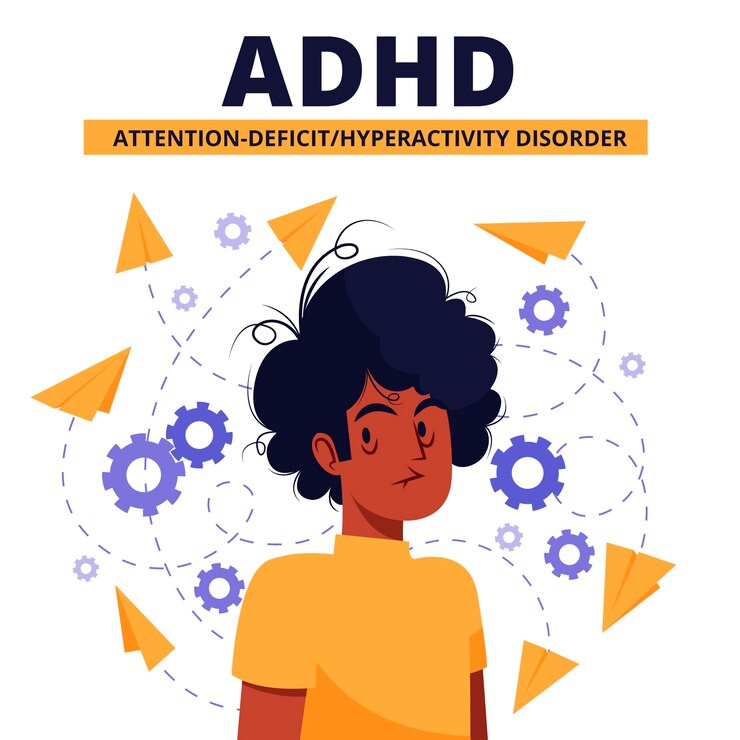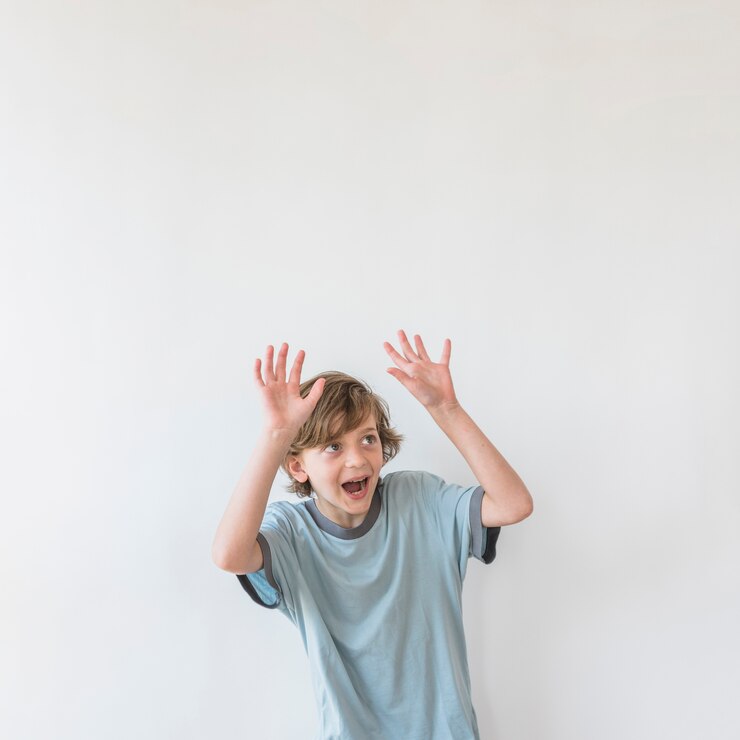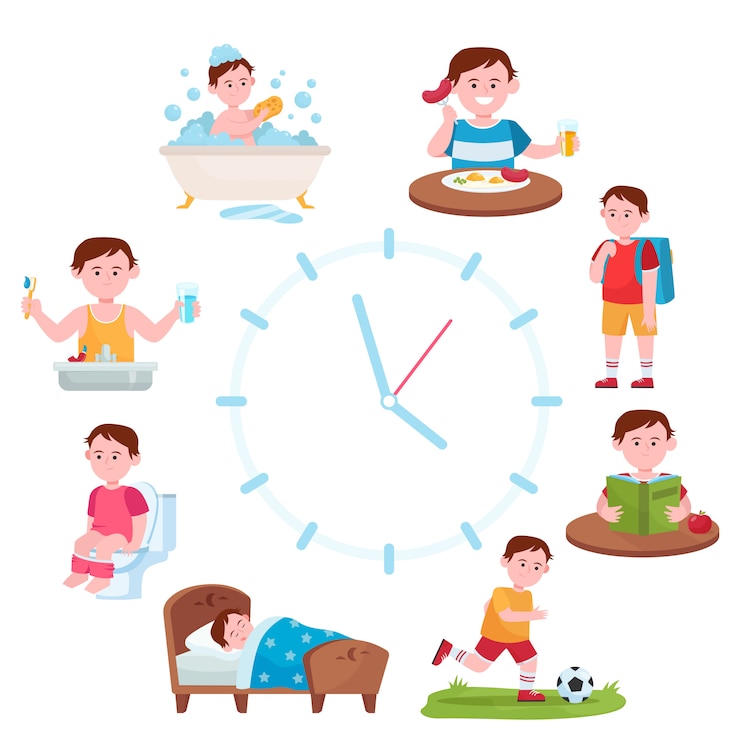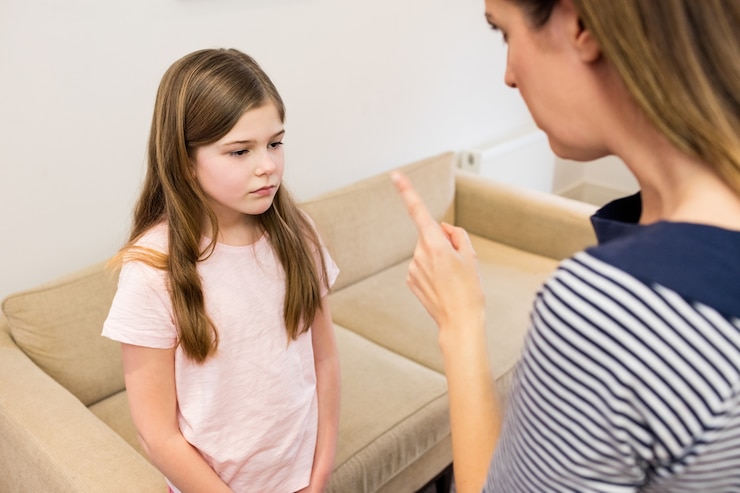
Inside you’ll discover that ADHD symptoms in children can be misleading. Parents will uncover common misconceptions and crucial insights to help their child with ADHD succeed.
Table of Contents
The concept of misinformation, especially about mental health and ADHD in children, isn’t new, even if the phrase ‘fake news’ might be. Many individuals without direct experience with ADHD often provide unsolicited opinions and theories—why do they do this?
As a mother of several children with ADHD and a child therapist, I want to share insights from both my professional and personal experiences, as well as scientific research, to dispel common myths about ADHD in kids.
| ADHD is an excuse for poor parenting.
This is probably the biggest myth out there. In my work as a child therapist, I’ve met many parents of children with ADHD, and they are some of the most caring, dedicated, and resourceful parents I’ve known. They face a unique parenting challenge and often need to develop new approaches to discipline and setting limits. While factors like positive parenting can help manage ADHD symptoms, they don’t cause the core behaviors linked to brain differences in affected children.
| Kids with ADHD can’t pay attention.
It’s understandable to think that ADHD implies an inability to pay attention, but don’t rely solely on outdated medical terms. We now know that people with ADHD have a lot of attention—it’s just about managing it effectively. Kids with ADHD might do their math homework while listening to music, texting, and having a snack. Where they struggle is in controlling their focus in situations they find uninteresting. They can also experience ‘hyperfocus’ on things they love.
| Kids with ADHD aren’t smart.
I can’t help but laugh at this one because children with ADHD often excel in various areas such as creativity, scientific knowledge, or having a great sense of wit, which is why they’re often called ‘twice exceptional.’ Their unique wiring often leads to immense curiosity, exploration, and excellent problem-solving abilities.
| Kids with ADHD are difficult to be around.
Having kids with ADHD, I understand that managing their intense emotions, impulsivity, and listening challenges can sometimes be overwhelming. However, when you look beyond their behaviors, you’ll see their incredible personalities and appreciate the wonderful traits that offset the challenges. My daughters, for example, are full of joy, energy, and humor, making life more enjoyable and lively.
| Kids with ADHD are always hyperactive.
There are three types of ADHD: Predominantly Inattentive, Hyperactive-Impulsive, and Combined Type. Some children struggle with attention and emotions but don’t show excessive talking or movement. Girls, in particular, might have the Inattentive Type and often go unnoticed until later in childhood.
| ADHD symptoms in children are a negative thing.
Being neurodiverse has its strengths and advantages that should be celebrated! Kids with ADHD view the world from unique perspectives, leading to interesting insights and observations. They are keen observers, determined, energetic, and hard-working.
| We are all a little ‘ADHD’ sometimes.
Not quite. While everyone experiences forgetfulness or distractibility occasionally due to stress or lack of sleep, ADHD symptoms are consistent and significantly impact children’s daily functioning in personal, school, or social contexts.
| There was no ADHD in kids 50 years ago!
Doctors have documented ADHD in children since the 18th century. The condition has had various names, but being differently wired is not new. Increased awareness, frequent screenings, and more treatment options have led to a rise in diagnoses.
Now, when asked “what is ADHD?” we can explain that brain scans reveal structural and functional differences in those with ADHD, affecting life skills like attention, planning, memory, and emotions. If you’re interested, there’s a link to more resources at the end of the article.
| The main symptom of ADHD is focus/inattention.
While resources and manuals highlight attention challenges, ADHD also involves difficulties in regulating emotions. Essentially, it’s a regulatory disorder affecting emotions, thoughts, behaviors, and attention.
| A child with ADHD has less potential.
Thankfully, awareness of ADHD and mental health issues is growing. Thanks to advocates like Michael Phelps, Simone Biles, and Dave Pilkey, kids with ADHD know they have great potential. With awareness, education, and support tailored to their unique brains, they can harness their strengths and learn to overcome challenges.
The truth is, kids with ADHD have endless potential. By sticking to evidence-based practices, we can help them reach their full potential, preparing them for a future full of possibilities.
Join the Parents with Confidence weekly newsletter to learn how to equip your child with real-life skills they won’t learn in school. Dive into the resources here.



